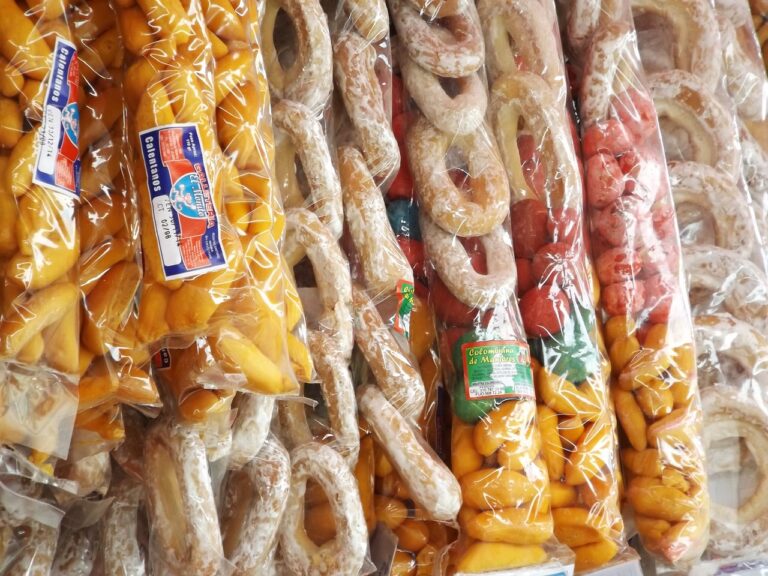Shopping for Ethical Accessories: Handcrafted Bags, Jewelry, and Scarves from Artisan Cooperatives
In recent years, ethical fashion has been gaining momentum as consumers become more conscious of the social and environmental impact of their clothing choices. From sustainable materials to fair labor practices, shoppers are increasingly seeking out brands that align with their values. This shift in consumer behavior has prompted many fashion companies to reevaluate their production methods and strive towards greater transparency in their supply chains.
One of the key driving forces behind the growth of ethical fashion is the increasing awareness of the detrimental effects of fast fashion on both people and the planet. As more stories emerge of sweatshop labor and environmental degradation in the fashion industry, consumers are demanding change. This has led to a rise in the popularity of ethical fashion brands that prioritize fair wages, safe working conditions, and eco-friendly practices.
• Consumers are becoming more conscious of the social and environmental impact of their clothing choices
• Shoppers are seeking out brands that align with their values, such as sustainable materials and fair labor practices
• Fashion companies are reevaluating their production methods and striving towards greater transparency in their supply chains
• The detrimental effects of fast fashion on people and the planet have led to an increase in awareness among consumers
• Stories of sweatshop labor and environmental degradation in the fashion industry have prompted demands for change
The Impact of Artisan Cooperatives
Artisan cooperatives play a crucial role in the ethical fashion industry by providing fair employment opportunities to skilled artisans in developing countries. These cooperatives empower artisans, mostly women, by offering them a platform to showcase their traditional craftsmanship and preserve cultural heritage through their handmade products. By supporting these cooperatives, consumers contribute to creating a positive impact on the livelihoods of these artisans and their communities.
Moreover, artisan cooperatives promote sustainable practices in fashion production. By utilizing locally sourced materials and traditional techniques, these cooperatives minimize their environmental footprint and reduce reliance on mass-produced, environmentally harmful materials. This emphasis on sustainability not only benefits the planet but also encourages a shift towards mindful consumerism, where individuals value quality over quantity and support brands that prioritize ethical and sustainable practices.
Handcrafted Bags: A Sustainable Choice
Handcrafted bags are increasingly becoming a sustainable choice for conscious consumers looking to make a positive impact on the environment. These bags are typically made using traditional techniques, often passed down through generations, resulting in unique pieces with a story behind them. By supporting artisans who handcraft these bags, individuals are not only investing in a high-quality product but also in the preservation of traditional craftsmanship.
In addition to their cultural significance, handcrafted bags are also more environmentally friendly than mass-produced alternatives. Artisans often use locally sourced and sustainable materials, minimizing the carbon footprint associated with transportation and production. Choosing a handcrafted bag means supporting ethical practices that prioritize the well-being of both the artisans and the environment, making it a thoughtful and sustainable choice for conscious consumers.
What is ethical fashion?
Ethical fashion refers to clothing and accessories that are produced in a way that is environmentally friendly and socially responsible.
Why is ethical fashion a growing trend?
As consumers become more aware of the impact of their purchasing decisions, they are seeking out products that are produced ethically and sustainably.
How do artisan cooperatives impact the fashion industry?
Artisan cooperatives provide opportunities for skilled craftspeople to earn a fair wage and preserve traditional crafting techniques. This helps to support local communities and promotes cultural heritage.
Why are handcrafted bags considered a sustainable choice?
Handcrafted bags are often made from natural and sustainable materials, reducing the environmental impact of production. Additionally, supporting artisan cooperatives helps to promote ethical practices within the fashion industry.
Where can consumers find handcrafted bags?
Handcrafted bags can be found at artisan markets, online platforms that support fair trade practices, and from brands that prioritize ethical production methods.







